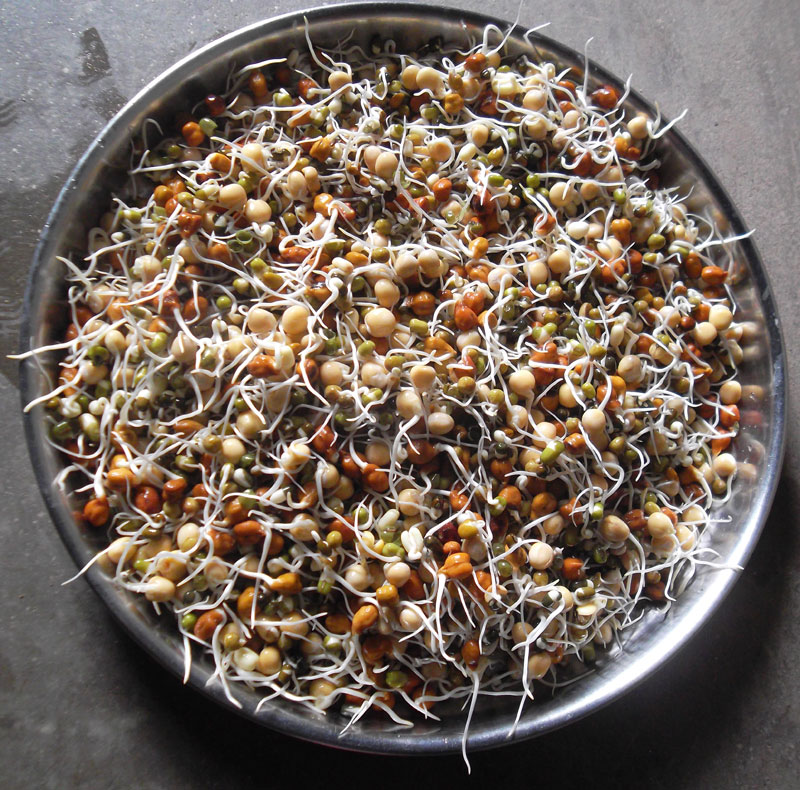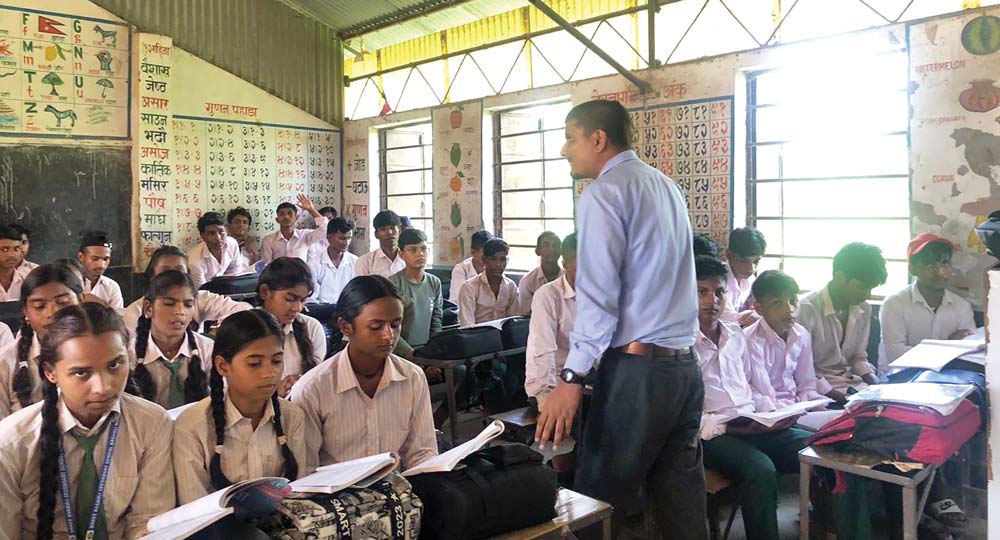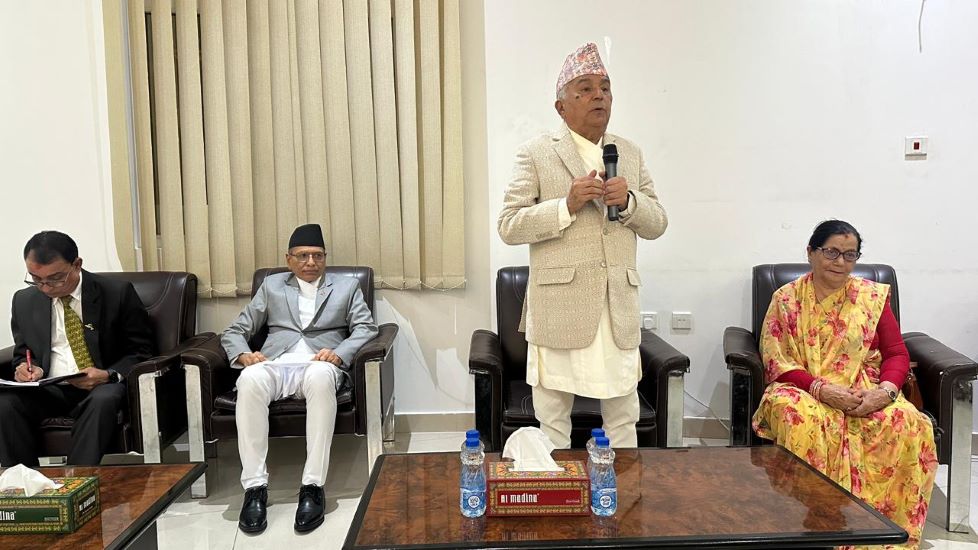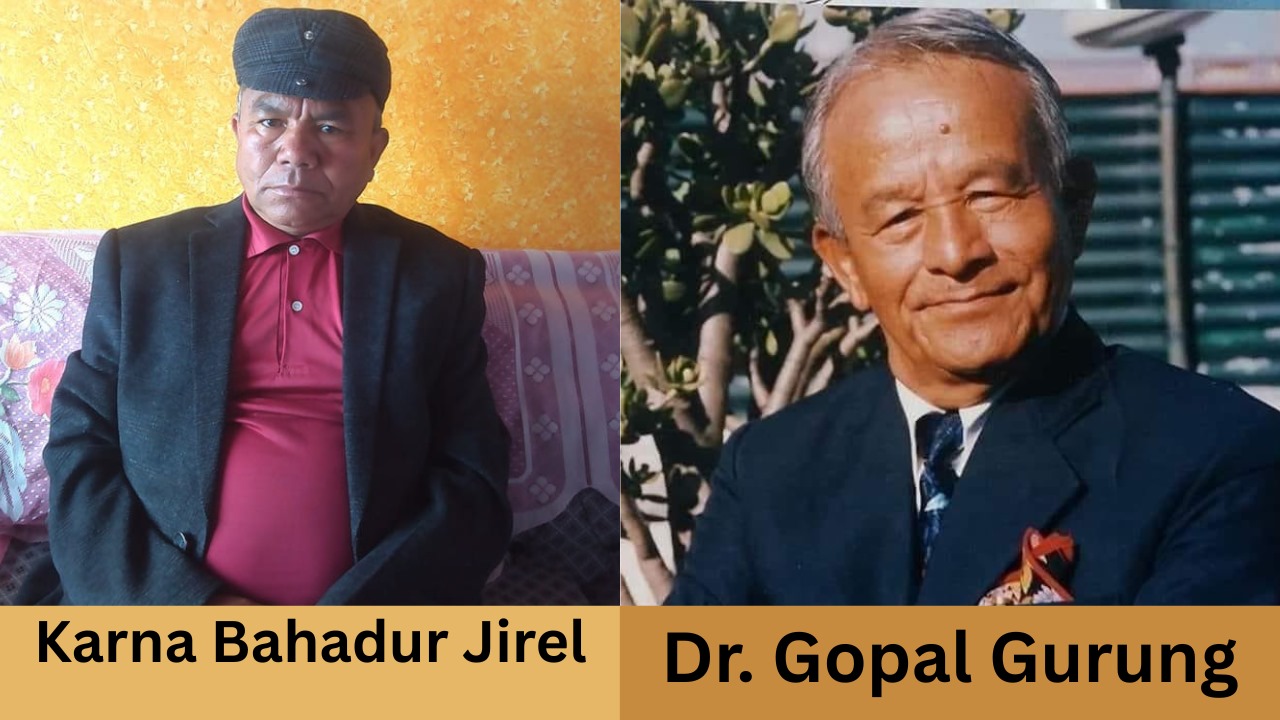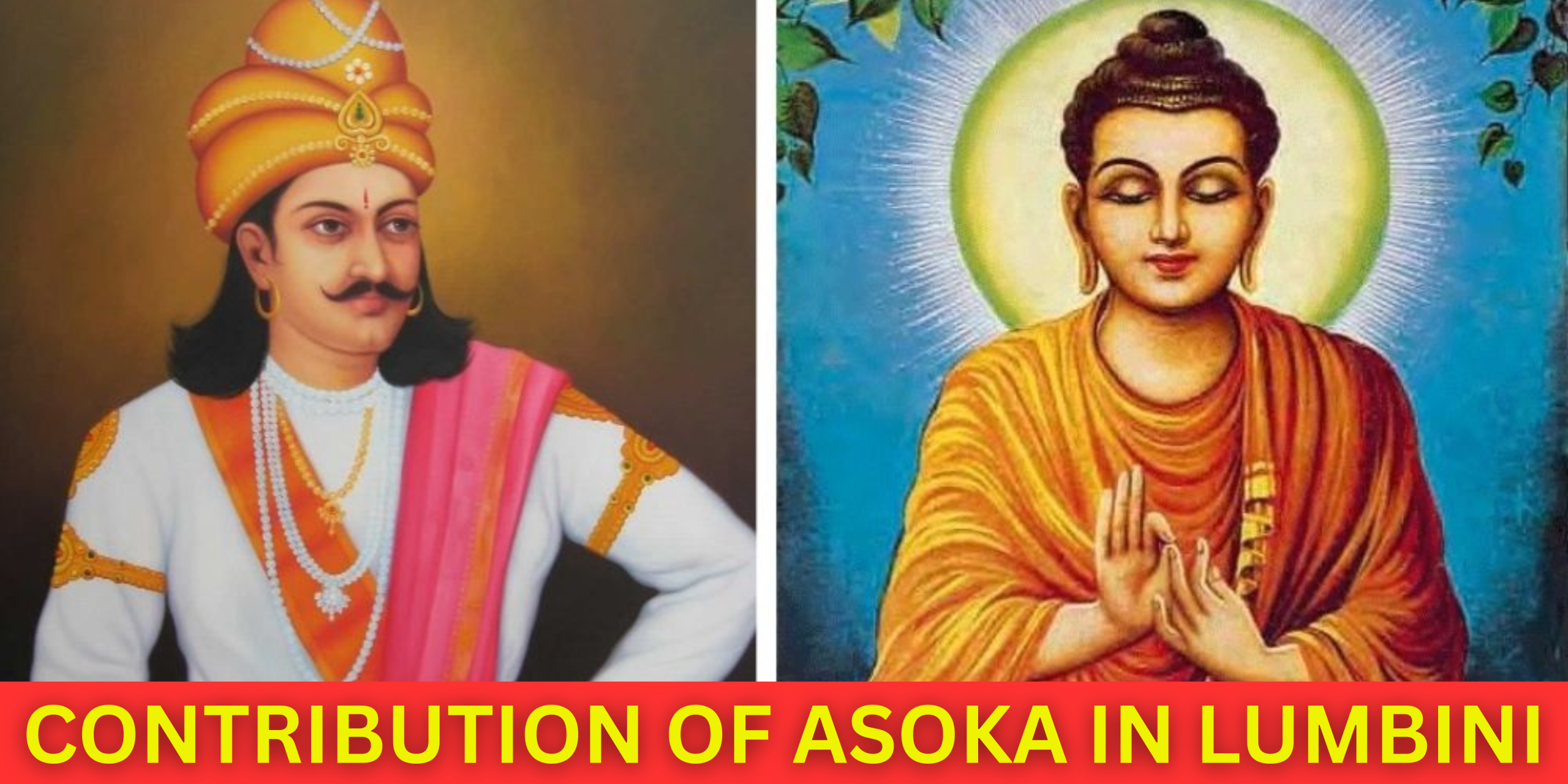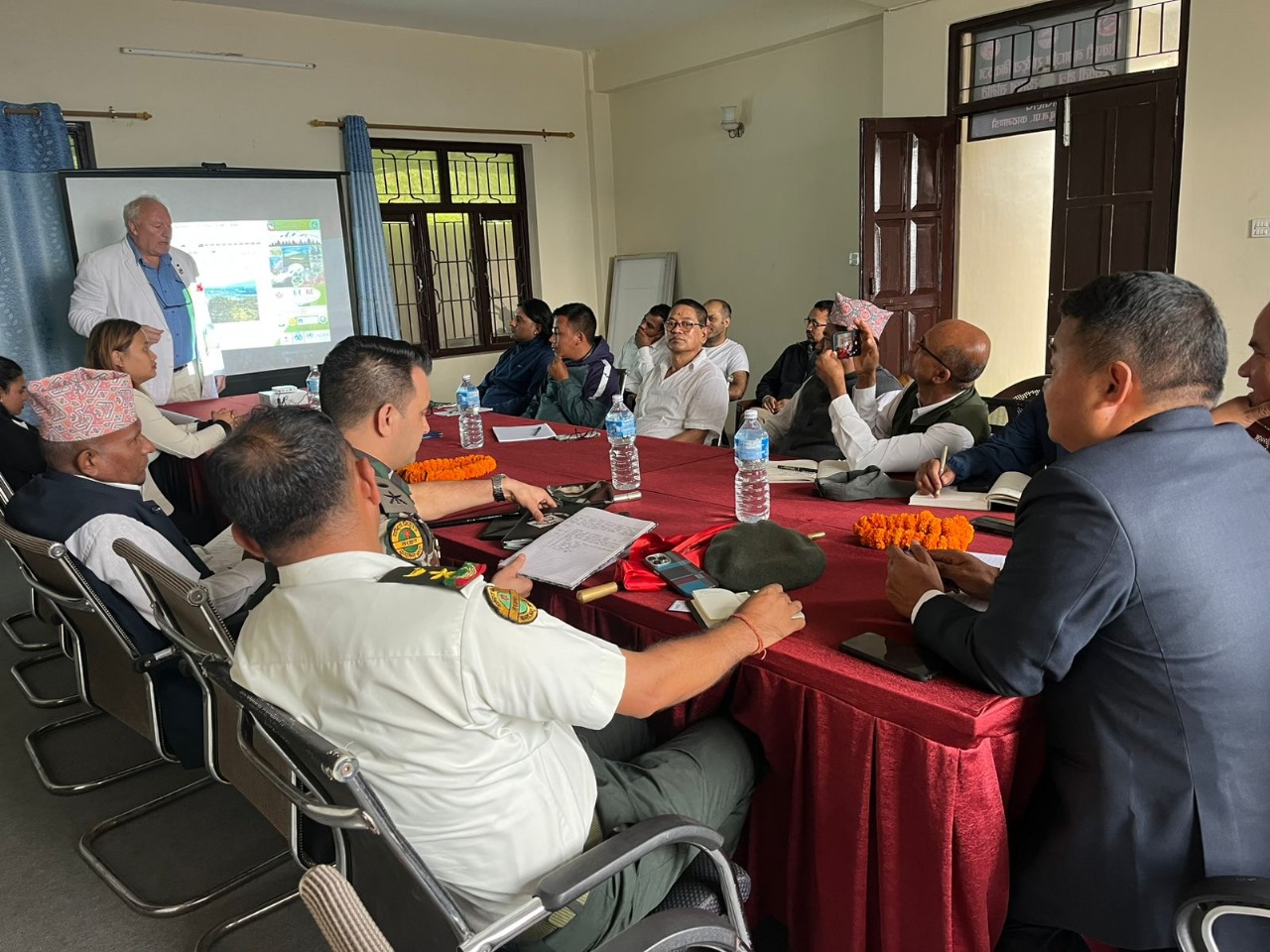Sirjana Khatri:
Kathmandu, 08 Aug: On Janai Purnima, it is customary to eat Kwanti. Kwanti is a traditional dish made by soaking nine different types of mixed beans overnight in water and then cooking them into a thick soup called tusa umari.
Kwanti is prepared by mixing beans such as chickpeas (chana), black gram (masyang), mung beans (mugi), kidney beans (bodi), lentils (maas), soybeans (bhatmas), large lima beans (thulo simi), large cowpeas (thulo kerau), and small cowpeas (sano kerau), and then cooking them in the tusa umari style.
The word “Kwanti” comes from the Nepal Bhasa word “Kwanti”, where “Kwa” means hot and “Ti” means soup or broth. Since Nepal is an agriculture-based country, it is traditionally believed that eating Kwanti during the monsoon season provides energy to a body tired from farming work and helps drive out coldness from the body.
Nutritionists say that the more varieties of beans mixed in Kwanti, the tastier and more nutritious it becomes.
Nutritionist Dr. Uma Koirala explains that Kwanti is not just a traditional dish but also a highly nutritious and health-promoting food. According to her, since Kwanti contains a mixture of many kinds of beans, it is considered one of the superior food items.
The steamed beans used in Kwanti are rich in vitamins, minerals, fiber, protein, vitamin B, iron, calcium, zinc, antioxidants, and other nutrients, Dr. Koirala says.

She adds that Kwanti is beneficial for people of all ages. It is especially helpful for pregnant women, new mothers, youth, children, those suffering from malnutrition, anemia, and undernutrition.
Because steamed Kwanti contains lower amounts of carbohydrates and sugar, it is suitable for people with diabetes.
However, Dr. Koirala advises that people with high blood pressure or kidney diseases should eat Kwanti only after consulting their doctors.
The broth (soup) of Kwanti helps increase a mother’s milk production and boosts the immune system naturally. Since Kwanti is made from sprouted beans, it is easy to digest. The high fiber content in sprouted beans helps improve the digestive system.
Kwanti enhances the body’s ability to fight diseases, provides energy, and protects against infectious diseases, according to Dr. Koirala.
Since Kwanti is tasty, it helps relieve constipation. Besides boosting immunity, Kwanti also helps prevent malnutrition.
Containing calcium and phosphorus, Kwanti strengthens bones. Its high protein content helps build muscle mass.
Kwanti is also rich in vitamin C, making it especially beneficial for those with colds, coughs, and weakened immune systems.
Dr. Koirala suggests that eating Kwanti once a day provides the body with proper nutrition and replenishment.


